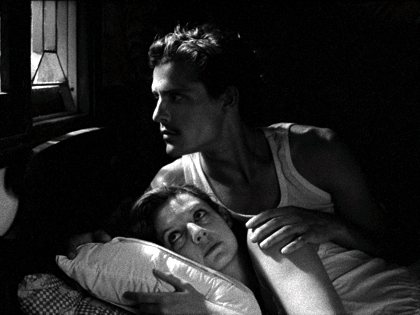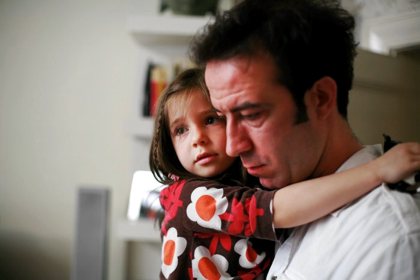Festivals
Berlinale 2012: The S&S blog
O masterpiece, where art thou?

Tabu
Geoff Andrew, 18 February
Between a couple of Berlin’s press screenings, Nick James and I found ourselves discussing the overuse of ‘masterpiece’, a word apparently as vulnerable to abuse as ‘classic’ (though not, mercifully, as oxymoronic as ‘instant classic’). Apart from noting that the situation may have deteriorated because journos are expected to tweet the moment a premiere’s reached its end, there’s no need here to trawl through the semantic issues involved. Still, the very notion of what constitutes a ‘masterpiece’ seems relevant to how industry folk approach festivals generally. For amid all the constant discourse as to whether this year’s Berlinale is strong, weak or merely par for the course, one often hears someone – and I confess it could be me – uttering the phrase, “Well, there haven’t been any masterpieces, but…”
Which raises the question of whether it’s reasonable to expect such films to appear at festivals with any regularity when even A-list events come up short on that front. I myself have argued for Cannes’ overall superiority by saying that one’s more likely to find one there than elsewhere. That’s clearly a flawed premise – such films, after all, should be rare. Let us also remember that if we call a film a masterpiece, it should be, if not perfect, then as near as dammit. In Berlin, some have claimed that Miguel Gomes’s Tabu is a masterpiece, just as others have harked back nostalgically to last year’s edition which, it’s alleged, produced two masterpieces in A Separation and The Turin Horse.
Now, impressive as all these movies are, I consider none of them deserving of the M-word. Each is clearly flawed in one way or another; and if the film with the most persuasive claim to greatness is the one by Béla Tarr, I’m afraid even that must surely yield to the Hungarian maestro’s Sátántangó, which remains a truly monumental and extraordinary achievement. The accent should be on that ‘extraordinary’. A masterpiece can’t just be a terrific movie; it has to be far more than that. It is by definition the greatest work (or at the very least one of the greatest works) of a proven master; it is also a ‘consummate piece of work’. That surely suggests, among other things, immense depth, richness and resonance – a real sense of completeness. A Separation was beautifully written and performed, but I for one felt that some of those other requirements for a masterpiece were unfulfilled; likewise, some of the more portentous moments of The Turin Horse (the finger-lickin’ scenes with those wretched spuds, for instance) seemed to verge on self-parody. As for Tabu… besides everything else, is Gomes already a proven master?

Everyone In Our Family
So this year’s Berlin? Not a single masterpiece, as far as I’m aware. But terrific films? Yes, about nine or ten that I’ve caught so far. (The best, for me, is still probably Radu Jude’s Everyone In Our Family, a taut, telling, superbly constructed and performed account of a couple’s post-marital tensions leading almost inexorably to barely controllable violence.) That’s not a superabundance by any means, but for me it’s enough to be going on with.
« Building unease: Bence Fliegauf’s
Just the Wind (without subtitles)
Greek to me: mafia Shakespeareans
win the Golden Bear »
See also
Who needs critics?: Nick James introduces a special issue on the future of film criticism (October 2008)
Critics on critics: leading critics on the criticism which has inspired them (October 2008)
